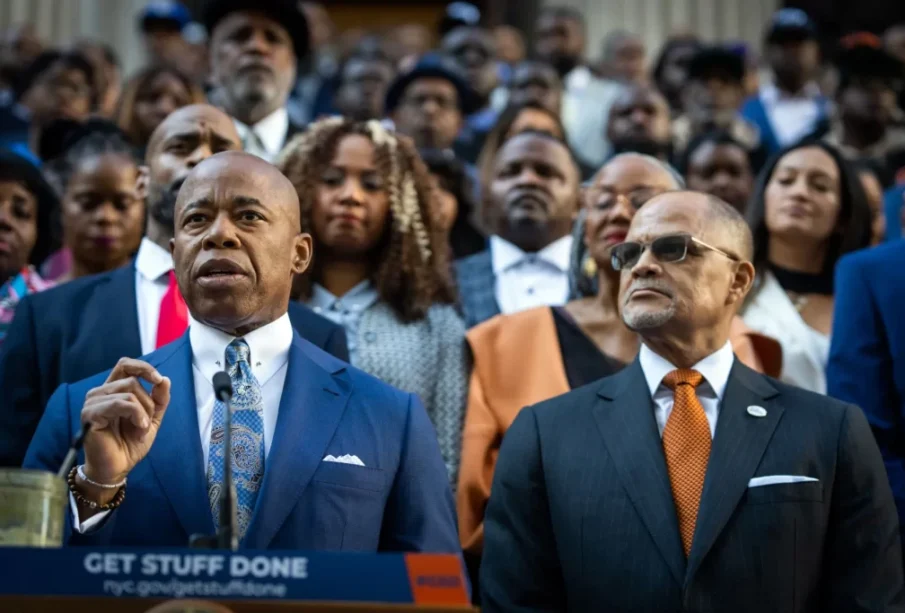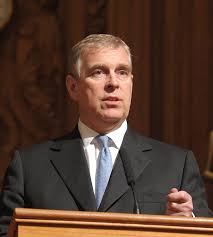Eric Adams: Leadership and Impact on New York City

Introduction
Eric Adams, the 110th mayor of New York City, took office on January 1, 2022, marking a significant moment in the city’s political landscape. His background as a former police captain and Brooklyn Borough President uniquely positions him to address the complex challenges facing one of the world’s largest cities. With rising crime rates, public health issues, and economic recovery from the pandemic, Adams’ leadership is under critical scrutiny, making his policies and initiatives particularly relevant for residents and stakeholders across New York City.
Policy Overview
Since taking office, Mayor Adams has prioritised public safety as a cornerstone of his administration. He has implemented several initiatives aimed at combating gun violence and enhancing community policing efforts. One of his key strategies involves reallocating resources to support neighbourhood safety programs and engaging with local communities. In his first year, notices from the NYPD reported a decrease in some crime categories, which the administration attributes to these enhanced policing strategies.
In addition to public safety, Adams has focused on economic recovery and job creation. His administration unveiled plans for revitalising small businesses, which were hit hard during the COVID-19 pandemic. Initiatives include financial aid packages and a push for outdoor dining to help restaurants attract customers. Furthermore, Adams is advocating for infrastructure improvements to bolster the city’s economy and create sustainable jobs.
Public Health and Education Initiatives
Adams has also taken a strong stance on public health, particularly in the wake of the pandemic. He emphasised the importance of vaccination campaigns and worked to ensure equitable access to healthcare services across the city. His administration is collaborating with health organisations to address mental health issues exacerbated by the pandemic, aiming to provide comprehensive support to vulnerable communities.
On the education front, he has committed to improving public school resources and supporting students’ mental health. Adams aims to enhance after-school programs and promote vocational training to better prepare young New Yorkers for the workforce. His education policy reflects a balance between academic achievement and emotional well-being, providing a holistic approach to student development.
Conclusion
As Eric Adams continues his tenure as mayor, the implications of his policies become increasingly significant for the future of New York City. With ongoing challenges such as crime, economic recovery, and public health, his leadership will be tested. The success of Adams’ initiatives may serve as a blueprint for urban governance in a post-pandemic world, highlighting the balance between effective policing, community engagement, and economic growth. For New Yorkers, the next few years will be crucial in determining the long-term impacts of his policies on the city’s resilience and recovery.









